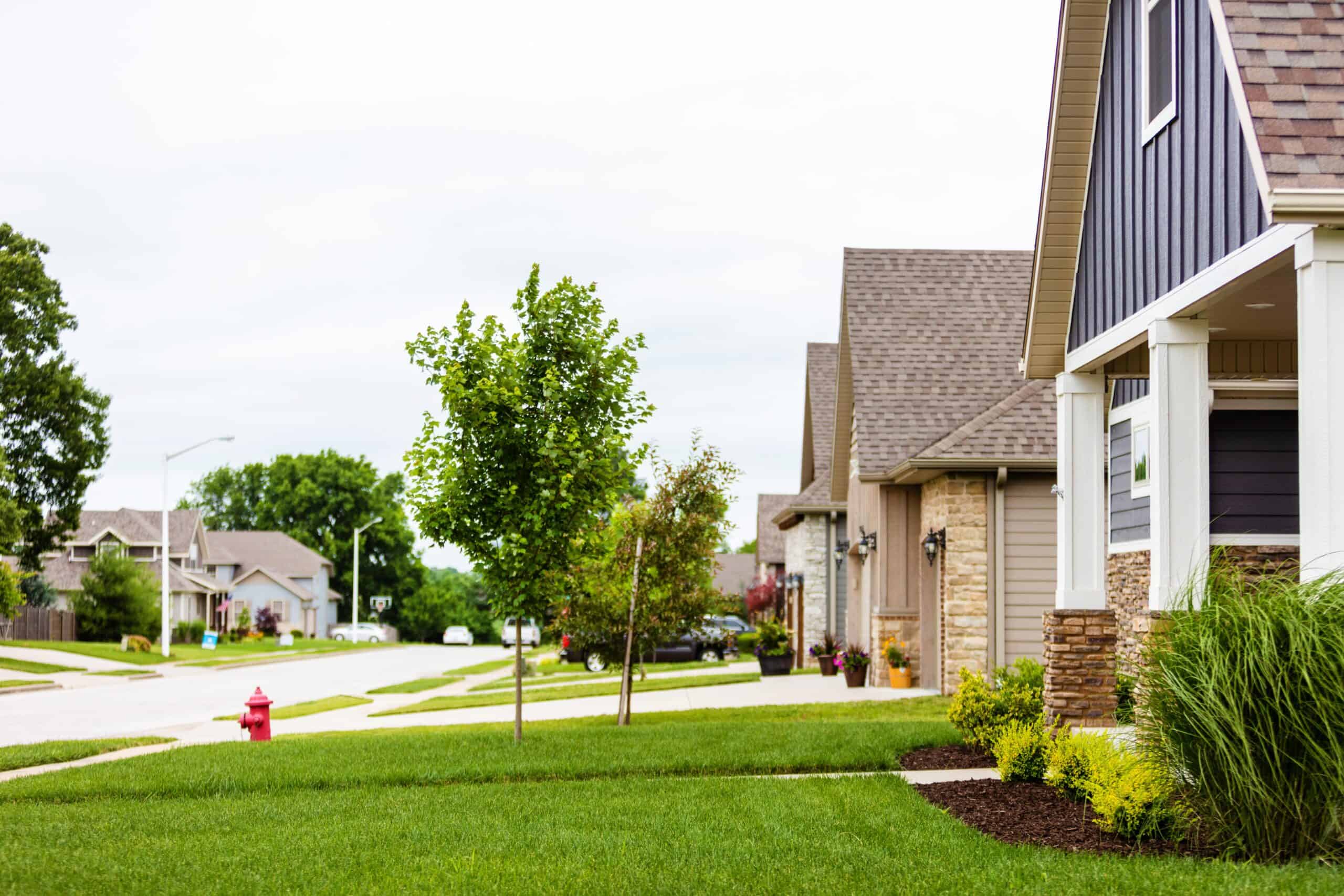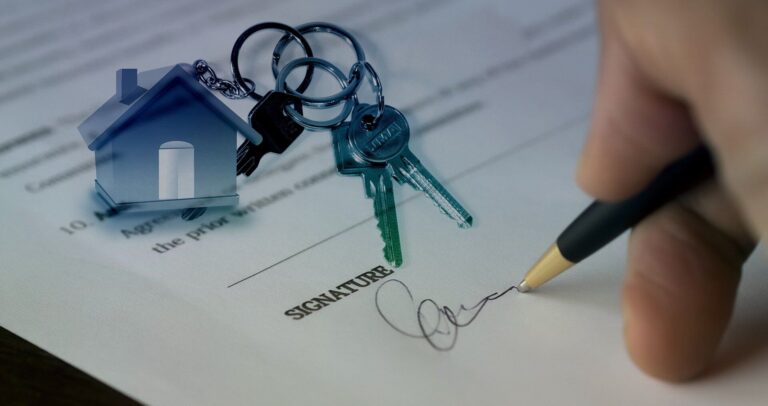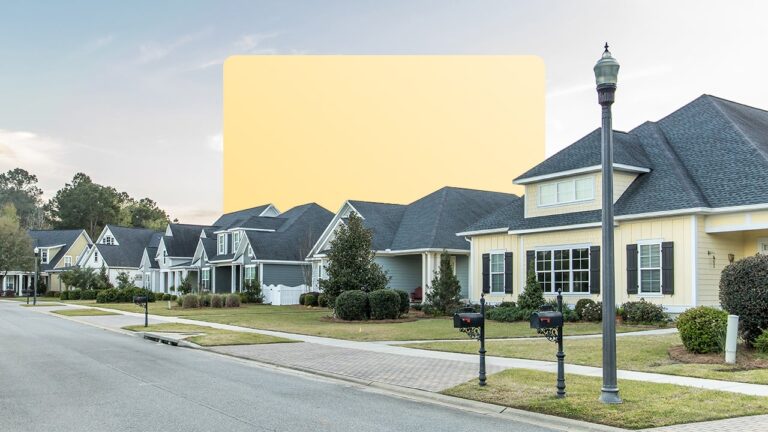When you’re in the final stages of buying a home, it can feel like the hardest part is over. However, one crucial hurdle remains: closing costs. These are the fees and expenses you’ll need to pay at the closing table in addition to the down payment. Closing costs can vary significantly depending on several factors, and understanding them is crucial for budgeting and avoiding surprises.
In this blog post, we’ll walk you through what closing costs are, what they include, and how you can prepare for them when buying your first home.
What Are Closing Costs?
Closing costs are the fees associated with finalizing the purchase of a home. These costs can include a variety of expenses, both lender- and third-party charges, that occur as part of the transaction. Closing costs are typically paid at the closing of the sale, which is the final step in transferring ownership of the property to you, the buyer.
While closing costs are not usually part of your mortgage, they are an essential part of the home-buying process, and they must be paid upfront. On average, closing costs can range from 2% to 5% of the home’s purchase price. For example, if you’re buying a home for $300,000, you could be looking at $6,000 to $15,000 in closing costs.
What’s Included in Closing Costs?
Closing costs are not a one-size-fits-all situation. Depending on where you live and the specifics of your loan, closing costs can vary widely. Below are the most common fees that may be included in your closing costs:
1. Loan Origination Fees
When you apply for a mortgage, the lender charges a fee for processing and underwriting your loan. This is called the loan origination fee, and it typically ranges from 0.5% to 1% of the loan amount.
2. Appraisal Fee
Before approving your mortgage, the lender will require an appraisal to determine the value of the home you’re buying. The appraisal fee typically ranges from $300 to $600, depending on your location and the complexity of the property.
3. Home Inspection Fees
Though not always mandatory, most homebuyers opt to have a home inspection before closing. The inspector will check for any structural issues, pests, or other problems that could affect the home’s value. Inspection fees can range from $300 to $500 or more.
4. Title Search and Title Insurance
A title search ensures that the seller has the legal right to sell the property and that there are no outstanding liens or claims on it. The title search fee is typically between $200 and $400. Additionally, you may be required to purchase title insurance to protect against any future claims on the property’s title. This typically costs between $1,000 and $2,000.
5. Attorney Fees
In some states, you may be required to have an attorney present at closing. These attorney fees can vary significantly depending on your location and the complexity of the transaction.
6. Escrow Fees
Escrow fees are paid to the escrow company or title company for managing the transfer of funds and documents between you, the seller, and the lender. Escrow fees can range from $500 to $2,000, depending on the state and the home’s value.
7. Property Taxes
When buying a home, you’ll need to pay property taxes for the year. The amount you pay will depend on the local tax rates and how much property tax has already been paid. You may need to reimburse the seller for taxes they’ve already paid, or your lender may collect money for property taxes as part of your monthly mortgage payment.
8. Homeowners Insurance
Homeowners insurance is often required by the lender to protect the property. You’ll typically need to pay the first year’s homeowners insurance premium at closing. The cost can range from $500 to $2,000 per year, depending on the home’s value and location.
9. Prepaid Interest
Mortgage interest is typically paid in arrears, meaning that your first mortgage payment won’t be due until the following month. However, at closing, you’ll need to pay prepaid interest for the days between closing and the end of the month. This amount varies depending on your loan amount and closing date.
10. Recording Fees
The local government charges a recording fee to officially record the sale of the property. This fee ensures that the new deed is recorded with the county. Recording fees can range from $50 to $200.
How to Prepare for Closing Costs
Now that you understand what makes up your closing costs, it’s time to figure out how to prepare for them. Here are a few tips to help you manage your expenses and stay on budget.
1. Budget for Closing Costs Early
The earlier you start budgeting for closing costs, the less stress you’ll feel when it’s time to pay them. When planning your home purchase, make sure to set aside money for closing costs. Ideally, you’ll want to have this amount ready to go before you even begin shopping for homes.
2. Shop Around for Lenders
Since many of your closing costs are tied to your mortgage, shopping around for lenders can help you minimize fees. Some lenders may offer lower origination fees or discount points to help reduce your overall closing costs. Don’t be afraid to negotiate with your lender or ask for a breakdown of all the fees involved.
3. Get a Good Faith Estimate
Once you apply for a mortgage, your lender is required to provide a Good Faith Estimate (GFE) that outlines your closing costs. This will give you a better idea of how much you’ll need to pay at closing. Keep in mind that this is only an estimate, and final costs may differ slightly.
4. Ask the Seller for Concessions
In some cases, sellers may be willing to pay a portion of your closing costs as part of the negotiation. These are known as seller concessions, and they can help reduce your out-of-pocket expenses. It’s worth asking your real estate agent in USA if this is a viable option when negotiating with the seller.
5. Consider Rolling Closing Costs Into Your Loan
Some buyers opt to roll their closing costs into their mortgage. This means you can finance your closing costs over the life of the loan instead of paying them upfront. However, keep in mind that this will increase your loan amount and monthly payments.
Conclusion: Be Prepared for Closing Costs
Closing costs are an essential part of the home-buying process that can add up quickly. By understanding what’s included in these costs and how to prepare for them, you’ll be in a better position to manage your budget and make the process as smooth as possible.
Whether you’re working with online real estate agents or a real estate agent USA, make sure you fully understand the closing costs associated with your home purchase. Being well-prepared will help you avoid financial surprises and ensure that you can enjoy your new home with confidence.
“The price of a home is not just what you pay to buy it, but the peace of mind you gain when you know you’re fully prepared.”
Q&A Section
Q: Can I negotiate closing costs with the seller?
A: Yes, in some cases, you may be able to negotiate with the seller for them to cover a portion of your closing costs. This is especially common in a buyer’s market.
Q: Do closing costs include moving expenses?
A: No, moving expenses are typically separate from closing costs. Make sure to budget for these separately when planning your home purchase.
Q: Can closing costs be added to my mortgage?
A: Yes, some buyers choose to roll their closing costs into the mortgage, but keep in mind this will increase your loan amount and monthly payments.
How We Can Help You Transform Your Home — and Your Life
Imagine a living space that truly feels like your sanctuary — organized, beautifully decorated, and perfectly suited to your style.
Our Home Transformation Bundle is packed with expert tips for decluttering, organizing, and decorating your home. Whether you’re aiming for a modern, traditional, or mid-century look, these insights are designed to help you create a space that inspires calm, creativity, and joy.
But sometimes, no matter how much you declutter or redecorate, a fresh start is the real answer.
If you’re feeling like it’s time for a bigger change — a new home — we’re here for that too.
Moving forward is easier with the right partner.
The numbers speak for themselves: 87% of home buyers and 89% of sellers trust real estate agents to guide them.
Agents help you price, negotiate, organize paperwork, and avoid costly mistakes. With a true professional by your side, you’ll feel confident every step of the way.
Ready for your next chapter?
Fill out our quick form today, and we’ll personally match you with a trusted real estate agent who understands your needs — and is ready to help you achieve your goals.
It’s fast, simple, and designed to make your transformation journey smooth and exciting.
Your dream space is waiting. Let’s make it a reality — starting today.












